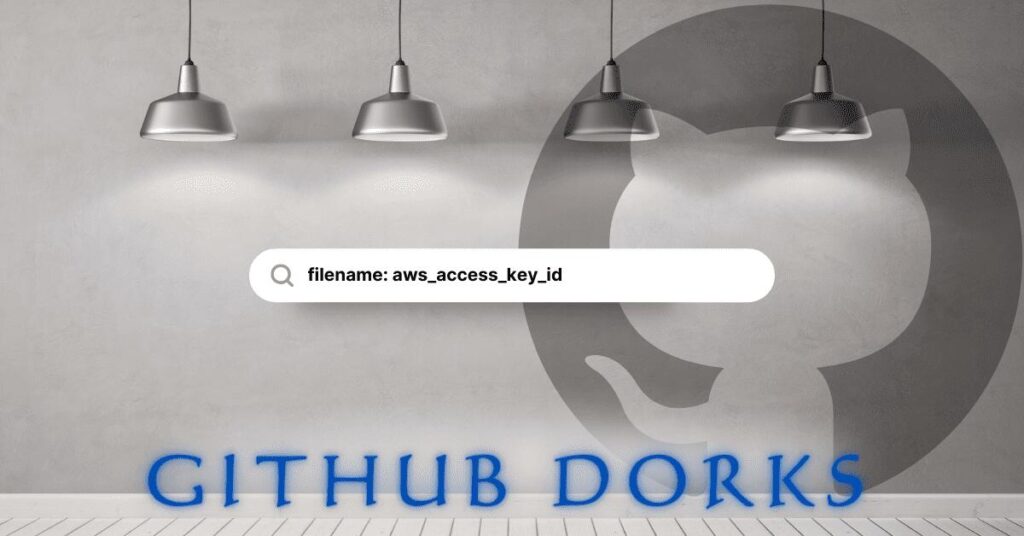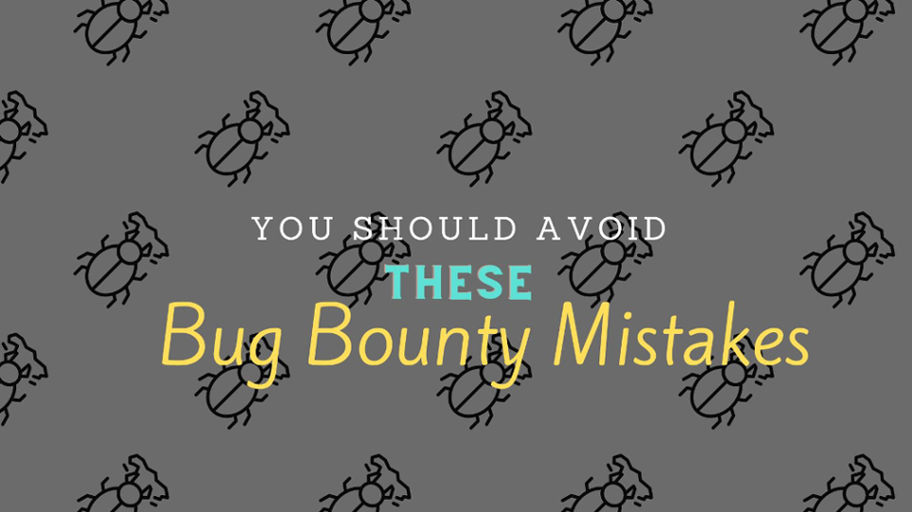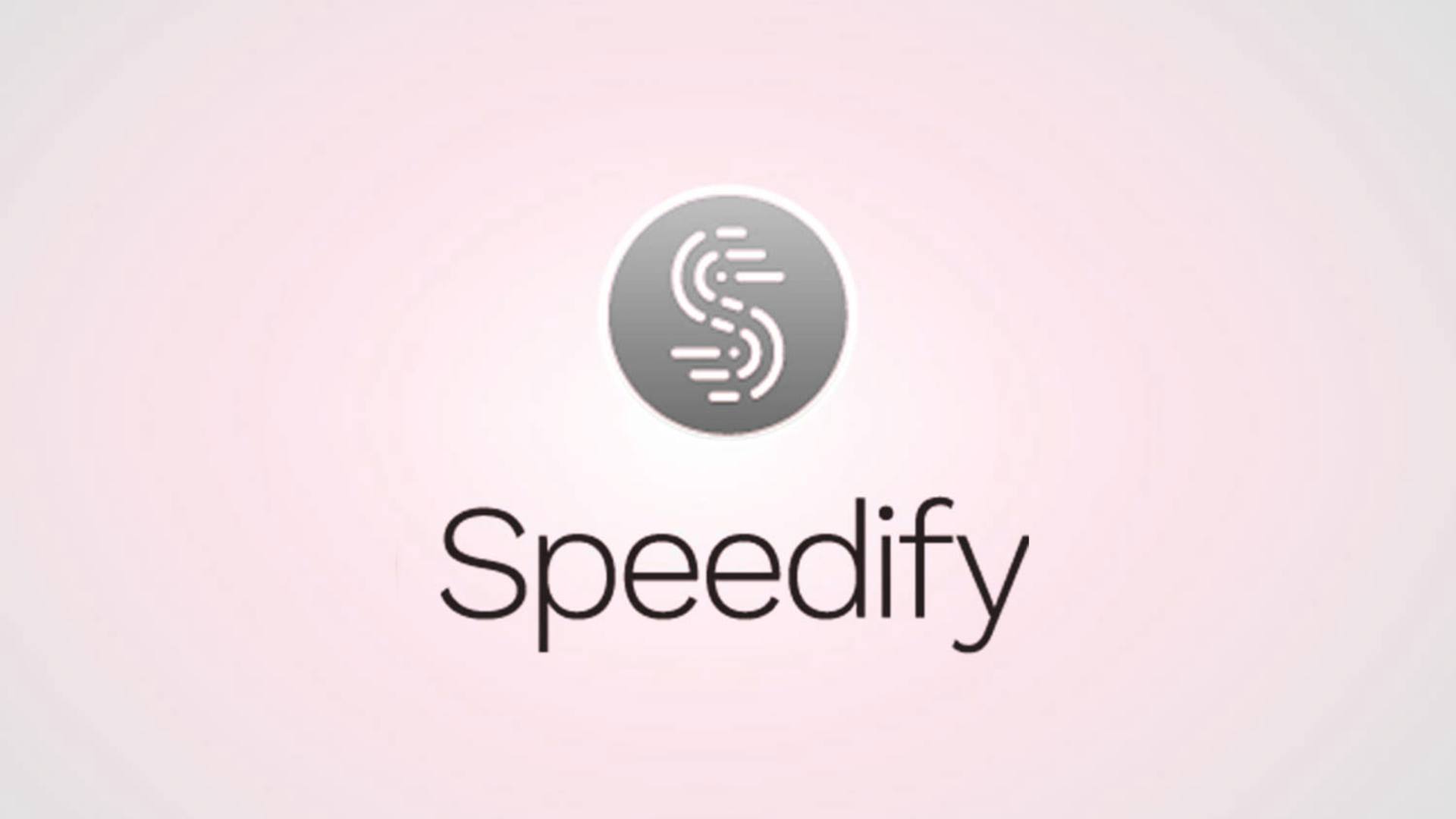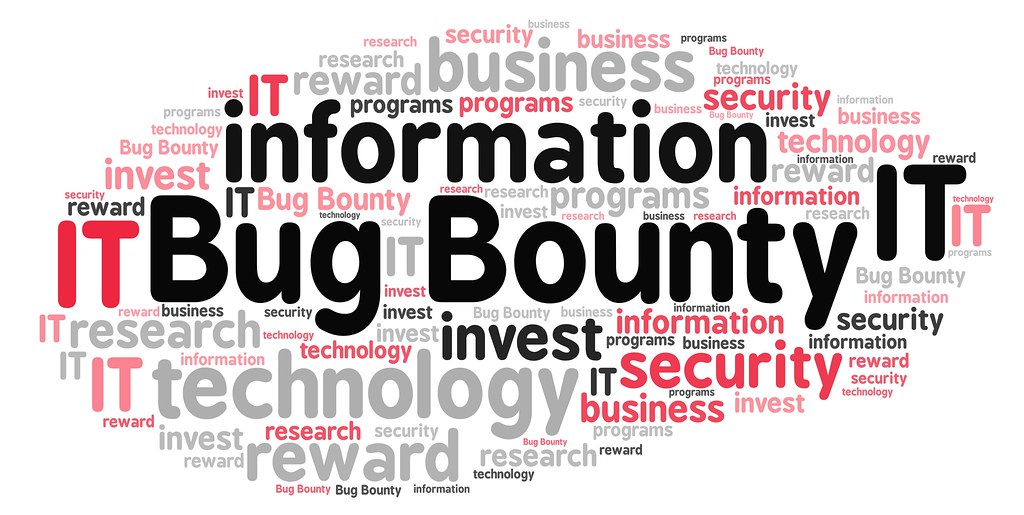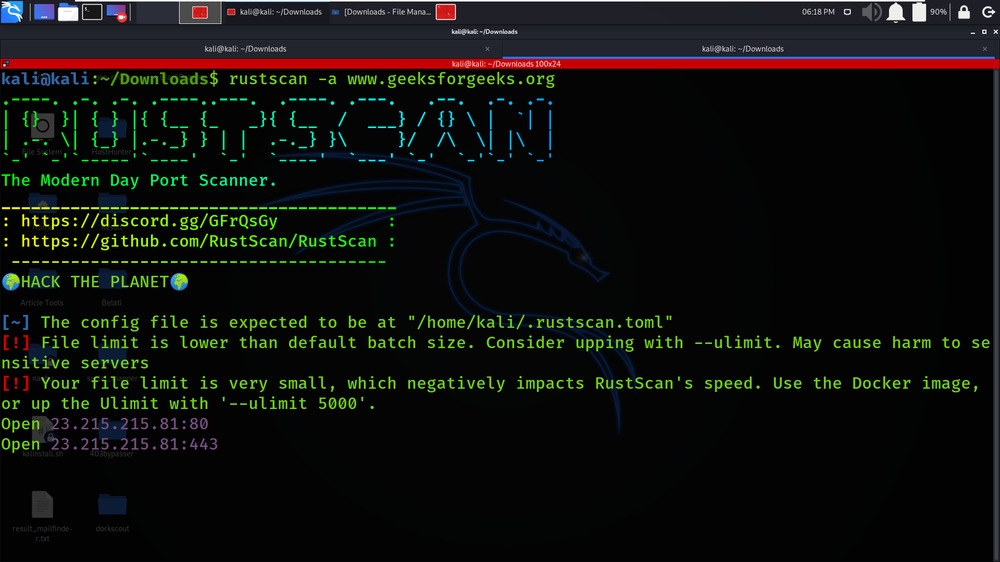Introduction
In the ever-evolving landscape of cybersecurity, bug bounty hunters and penetration testers play a crucial role in identifying and rectifying vulnerabilities. One powerful technique at their disposal is GitHub dorking; a method of finding sensitive information and potential security loopholes by utilizing advanced search queries on GitHub repositories.
What is GitHub Dorking?
GitHub Dorking is a technique employed by security professionals, bug bounty hunters, and penetration testers to uncover hidden or unintentionally exposed information within GitHub repositories. It involves utilizing specific search parameters, such as file names or keywords, in the GitHub search bar to pinpoint repositories containing potentially sensitive data. This method allows users to identify security vulnerabilities, misconfigurations, or confidential information inadvertently disclosed in the codebase, aiding in the overall security assessment of GitHub-hosted projects.
How to Use the GitHub Dorking List
In your quest for uncovering potential security vulnerabilities using the GitHub Dorking List, it’s essential to follow a systematic and ethical approach. Here’s a general guide on how to effectively utilize these queries:
-
Understand GitHub Search Syntax:
Familiarize yourself with GitHub’s search syntax. This includes using keywords, operators, and filters to craft precise queries that target specific information.
Example: Suppose you’re looking for repositories that inadvertently expose AWS access keys. You can use the query:
Example: filename: aws_access_key_id
-
Refine Your Searches:
Experiment with different combinations and parameters to refine your searches. This will help you narrow down the results and focus on repositories that are more likely to contain vulnerabilities.
Example: To narrow down your search to Node.js projects, you can refine the query:
Example: filename: package.json “private”: false language:javascript
-
Target Specific Information:
Tailor your searches to target specific types of information, such as access keys, tokens, or sensitive configuration files. This will enhance the efficiency of your dorking efforts.
Example: If you’re interested in finding repositories with exposed API tokens, use a targeted query:
Example: filename:.env “API_KEY”
-
Be Mindful of False Positives:
Understand that not every result may be a security vulnerability. Be cautious of false positives and verify the context of the information you discover to avoid unnecessary concerns.
-
Respect Privacy and Policies:
Always prioritize responsible and ethical use of the GitHub Dorking List. Respect the privacy of GitHub users and adhere to GitHub’s policies. Avoid any actions that may violate terms of service or legal regulations.
-
Document and Report Responsibly:
If you discover potential vulnerabilities, document your findings carefully and report them responsibly. Follow established responsible disclosure practices and communicate with the repository owners or relevant parties to ensure a secure resolution.
-
Stay Informed:
Keep yourself informed about changes in GitHub’s search syntax and any updates to their platform. Staying current will help you adapt your dorking techniques and remain effective in identifying new vulnerabilities.
-
Educate Others:
Share your knowledge and experiences responsibly within the bug bounty and penetration testing community. Promote ethical hacking practices and contribute to a collaborative and secure online environment.
To access the Github Dorking List, kindly click the button below:
Note: For the best experience, it is recommended to use a laptop or PC to ensure the proper functioning of the button. If you encounter any issues or are unable to access the content, please feel free to reach out to us at [email protected] for assistance.
Conclusion:
Incorporating GitHub dorking into bug bounty hunting and penetration testing methodologies can open up new avenues for discovering vulnerabilities. By responsibly using the GitHub Dorking List provided, security professionals can contribute to a safer and more secure digital environment. Remember, with great power comes great responsibility let’s hack ethically and make the internet a safer place for everyone.
